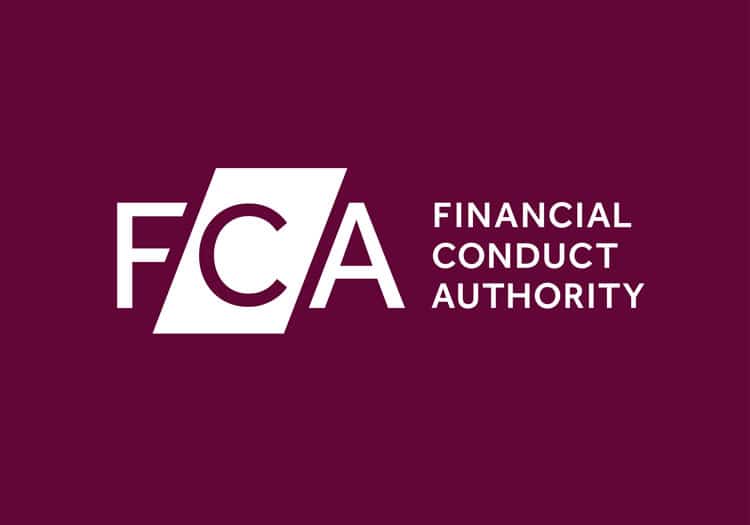The United Kingdom’s Financial Conduct Authority (FCA) has extended the Temporary Registration Regime (TRR) for cryptocurrency companies by nine months, pushing the deadline from July 2021 to March 31, 2022. This move provides additional time for businesses to meet the country’s anti-money laundering (AML) and counter-terrorist financing (CTF) regulations while continuing operations. However, the extension comes with stringent requirements and significant implications for the crypto industry.
What Is the Temporary Registration Regime (TRR)?
1. Purpose of the TRR
The FCA established the TRR to allow crypto businesses to continue trading while their registration applications are reviewed. This measure aims to ensure that companies comply with the UK’s AML and CTF requirements without disrupting the market.
2. Applicability
- Applies to businesses that applied for registration before December 16, 2020.
- Only active businesses operating before January 10, 2020, are eligible for temporary registration.
3. New Deadline
The temporary registration deadline, initially set for July 2021, has been extended to March 31, 2022, providing companies with additional time to meet compliance standards.
Why the Extension Was Necessary
1. High Volume of Applications
The FCA faced a surge in registration applications, overwhelming its resources and delaying the review process.
2. Covid-19 Impact
The pandemic complicated in-person visits and inspections, further contributing to the need for an extended timeline.
3. Non-Compliant Operations
A significant number of businesses were found to have substandard operations, particularly concerning AML regulations, prompting the FCA to conduct more thorough assessments.
FCA’s Role as a Supervisor
1. Overseeing AML Compliance
The FCA has taken on the role of supervising anti-money laundering and counter-terrorist financing measures for crypto companies in the UK. This includes ensuring businesses adhere to strict guidelines to prevent illicit activities.
2. Mandatory Compliance
All crypto asset businesses must comply with the UK’s AML regulations to obtain full registration. Companies failing to meet these standards are required to cease operations.
Impact on Crypto Businesses
1. Stricter Regulations for New Companies
- New entrants into the crypto market must complete full registration before commencing operations.
- This requirement has raised the bar for compliance, discouraging businesses with inadequate systems.
2. Withdrawal of Applications
- Many businesses have voluntarily withdrawn their registration applications due to the inability to meet FCA standards.
- This has led to a consolidation of the crypto market, favoring well-established and compliant companies.
3. Limited Assurance for Investors
The FCA reiterated that registration does not guarantee the protection of client assets, underscoring the inherent risks of crypto asset trading.
Initial Registration Deadline and Challenges
1. Original Timeline
The initial registration deadline for crypto companies was January 10, 2021. However, the high volume of applications and the complexities of the review process necessitated extensions.
2. Compliance Challenges
- Many businesses struggled to meet the stringent AML requirements.
- The pandemic added logistical challenges, such as restricted in-person inspections.
Risks Highlighted by the FCA
1. Trading Risks
The FCA has consistently warned about the risks associated with crypto asset trading, including market volatility and lack of consumer protection.
2. No Guarantee of Asset Protection
Registration with the FCA does not safeguard client assets, making it essential for investors to exercise caution.
3. Increased Scrutiny
The FCA’s announcement serves as a reminder of the regulatory oversight crypto businesses face, emphasizing the importance of transparency and compliance.
What This Means for the Crypto Industry
1. Strengthened Regulatory Framework
The extended TRR demonstrates the UK’s commitment to developing a robust regulatory framework for crypto assets.
2. Improved Market Integrity
By enforcing strict AML and CTF measures, the FCA aims to build trust and reduce the risk of illicit activities within the crypto space.
3. Market Consolidation
The stringent requirements are likely to result in a more mature and compliant industry, weeding out businesses with substandard practices.
Key Takeaways for Crypto Companies
1. Prioritize Compliance
Businesses must invest in AML and CTF compliance measures to meet FCA standards and secure full registration.
2. Prepare for Mandatory Reporting
Crypto asset businesses should be ready for mandatory reporting requirements if the draft bill is passed.
3. Engage with Regulators
Maintaining open communication with the FCA can facilitate a smoother registration process and improve compliance efforts.
Conclusion
The FCA’s decision to extend the Temporary Registration Regime (TRR) for crypto companies underscores the challenges of balancing regulatory oversight with industry growth. While the extension to March 2022 offers breathing room for businesses to meet compliance standards, it also reinforces the FCA’s commitment to ensuring the integrity of the UK’s crypto market. For crypto companies, prioritizing compliance and adapting to evolving regulations will be key to long-term success.
To learn more about global regulatory trends and their impact on the cryptocurrency industry, explore our article on latest news, where we discuss the key players and policies shaping the market.
Disclaimer: The information provided is not trading advice, Bitcoinworld.co.in holds no liability for any investments made based on the information provided on this page. We strongly recommend independent research and/or consultation with a qualified professional before making any investment decisions.




